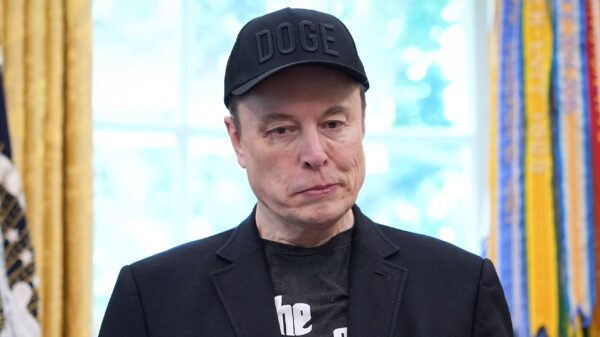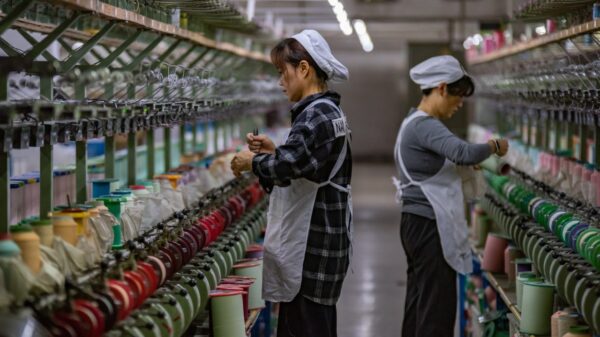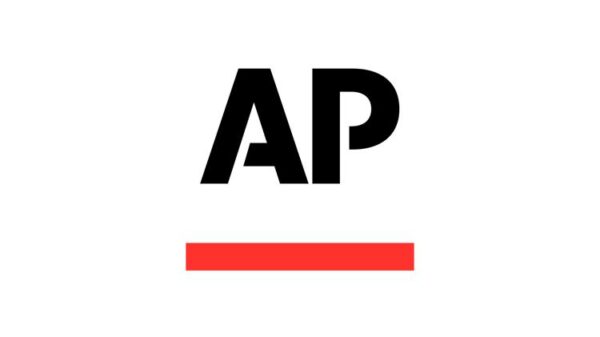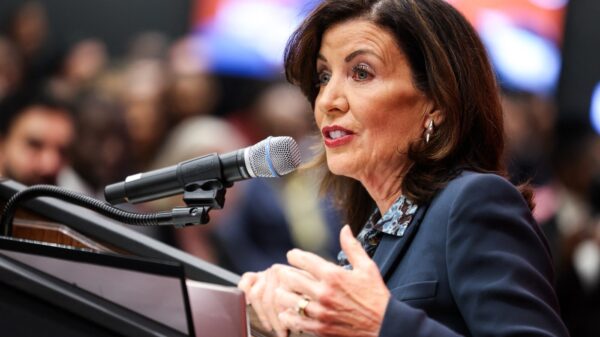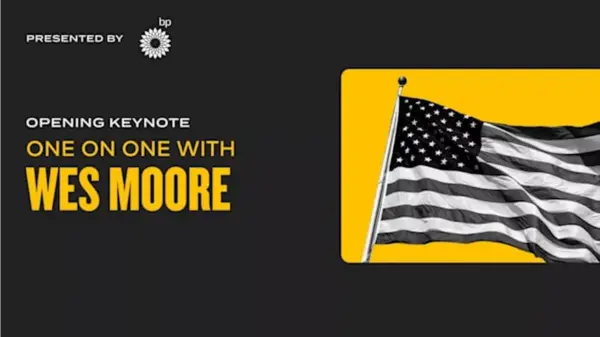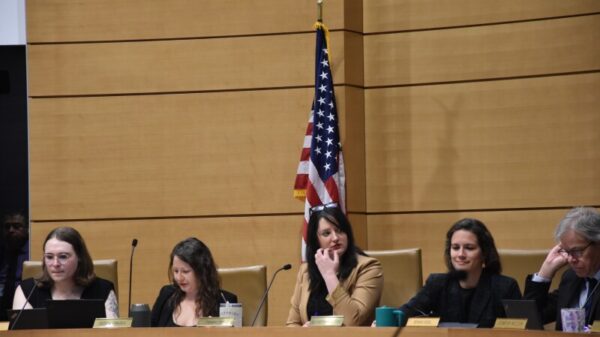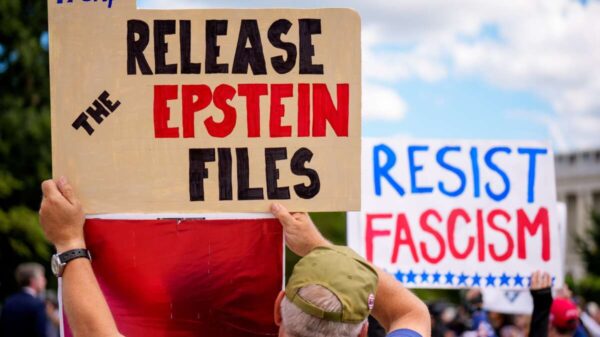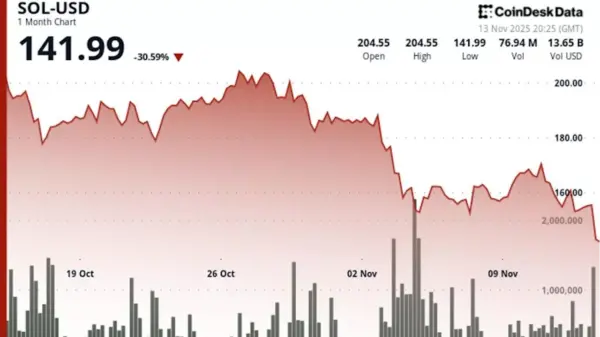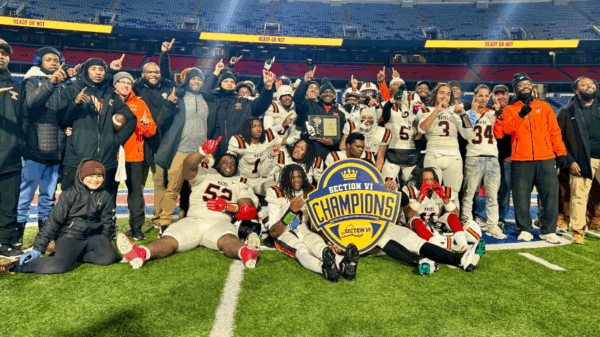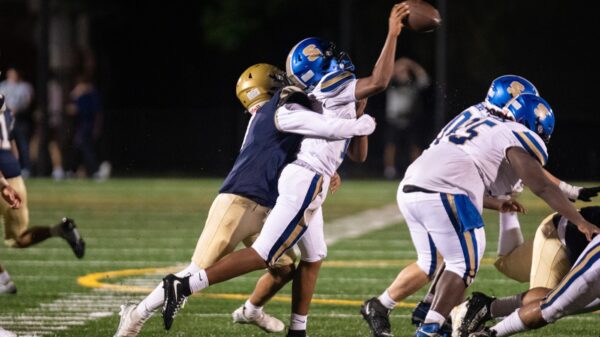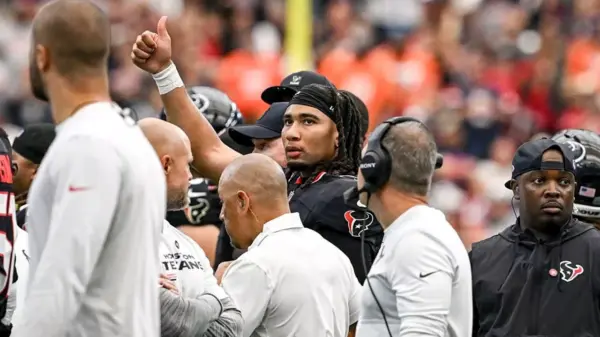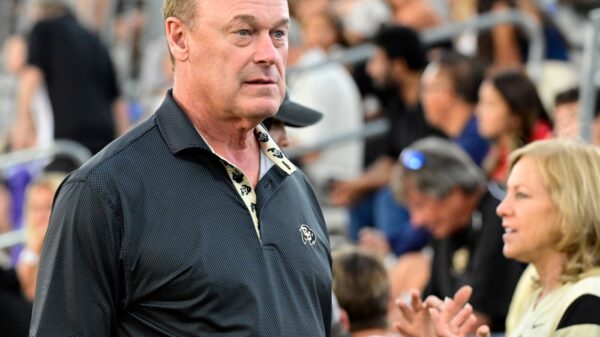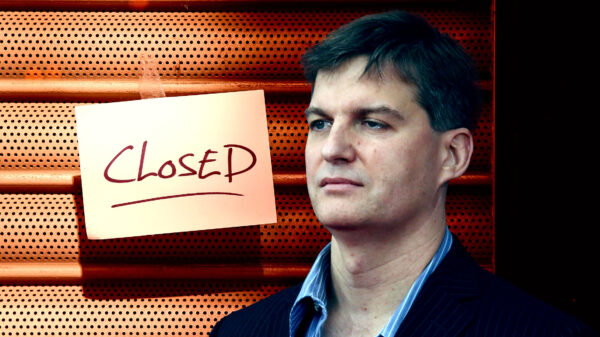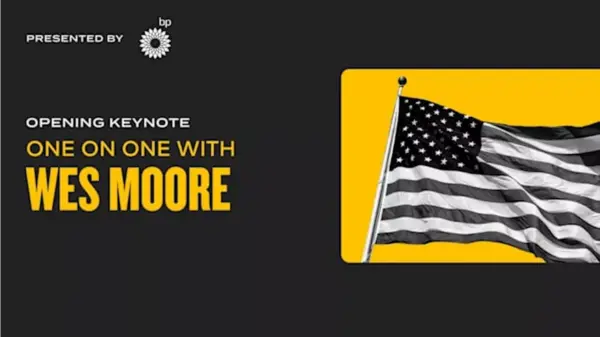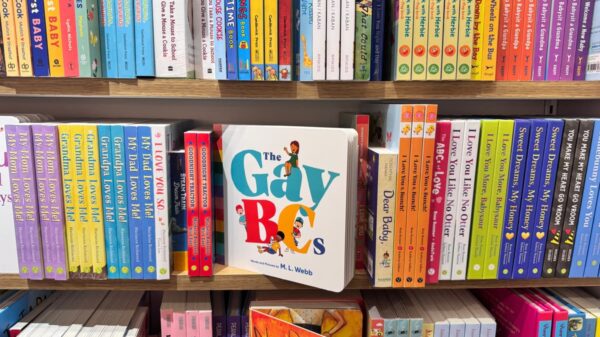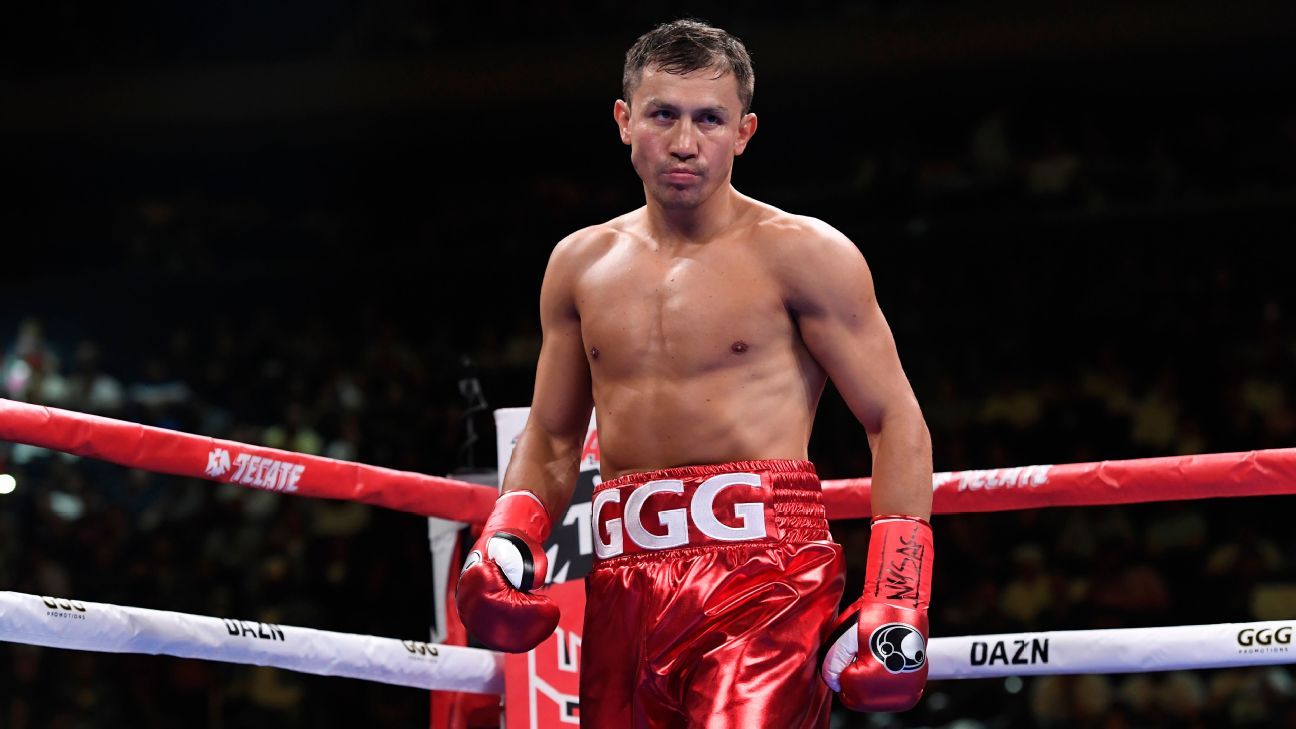Former boxing champion Gennadiy Golovkin has announced his candidacy for the presidency of World Boxing, the newly established organization responsible for overseeing Olympic boxing events at the 2028 Los Angeles Games. Golovkin is one of two candidates vying for the position, with the election set to take place during a congress in Rome next month. He will compete against Mariolis Charilaos, a former president of the Hellenic Boxing Federation.
Golovkin enters the race as a strong contender, having previously led a delegation to improve relations with the International Olympic Committee (IOC). This relationship has been critical, as the IOC had previously indicated the possibility of removing boxing from the Olympic program due to ongoing issues with the sport’s governance. In February, the IOC granted provisional recognition to World Boxing, helping to secure boxing’s place in the upcoming Olympics.
The congress in Rome will mark a significant transition for World Boxing, as its founding president, Boris van der Vorst, steps down. Van der Vorst’s leadership has been pivotal in re-establishing ties with the IOC, which had previously suspended and subsequently expelled the International Boxing Association (IBA) from Olympic involvement. The IBA, led by its president Umar Kremlev, has faced criticism over judging disputes and financial management.
Golovkin’s extensive background in boxing enhances his candidacy. He earned an Olympic silver medal in 2004 and later became a dominant professional fighter, amassing a record of 42 wins, 2 losses, and 1 draw. Since retiring, he has taken on the role of president of Kazakhstan’s national Olympic committee, further demonstrating his commitment to the sport.
Challenges Ahead for World Boxing Leadership
The new president of World Boxing will face a range of pressing issues. The ongoing dispute between the IOC and the IBA raises concerns about the future of boxing in the Olympics. The IOC has opted to manage the last two Olympic boxing tournaments independently, a move reflecting its dissatisfaction with the IBA’s handling of competition integrity.
Additionally, World Boxing must address the controversial topic of sex testing in the sport. Following scrutiny over eligibility issues during the Paris Olympics, where Algerian boxer Imane Khelif and Taiwan’s Lin Yu-ting won gold, World Boxing has announced that mandatory sex testing will be implemented. This decision, however, has not been without controversy. Van der Vorst publicly apologized to Khelif in June after she was specifically named in the announcement regarding the new rules.
As the electoral date approaches, Golovkin’s campaign is likely to focus on transparency, integrity, and the promotion of boxing as a critical sport in the Olympic landscape. The outcome of the election will not only shape the future of boxing but also influence the ongoing relationship between the IOC and boxing organizations worldwide.

